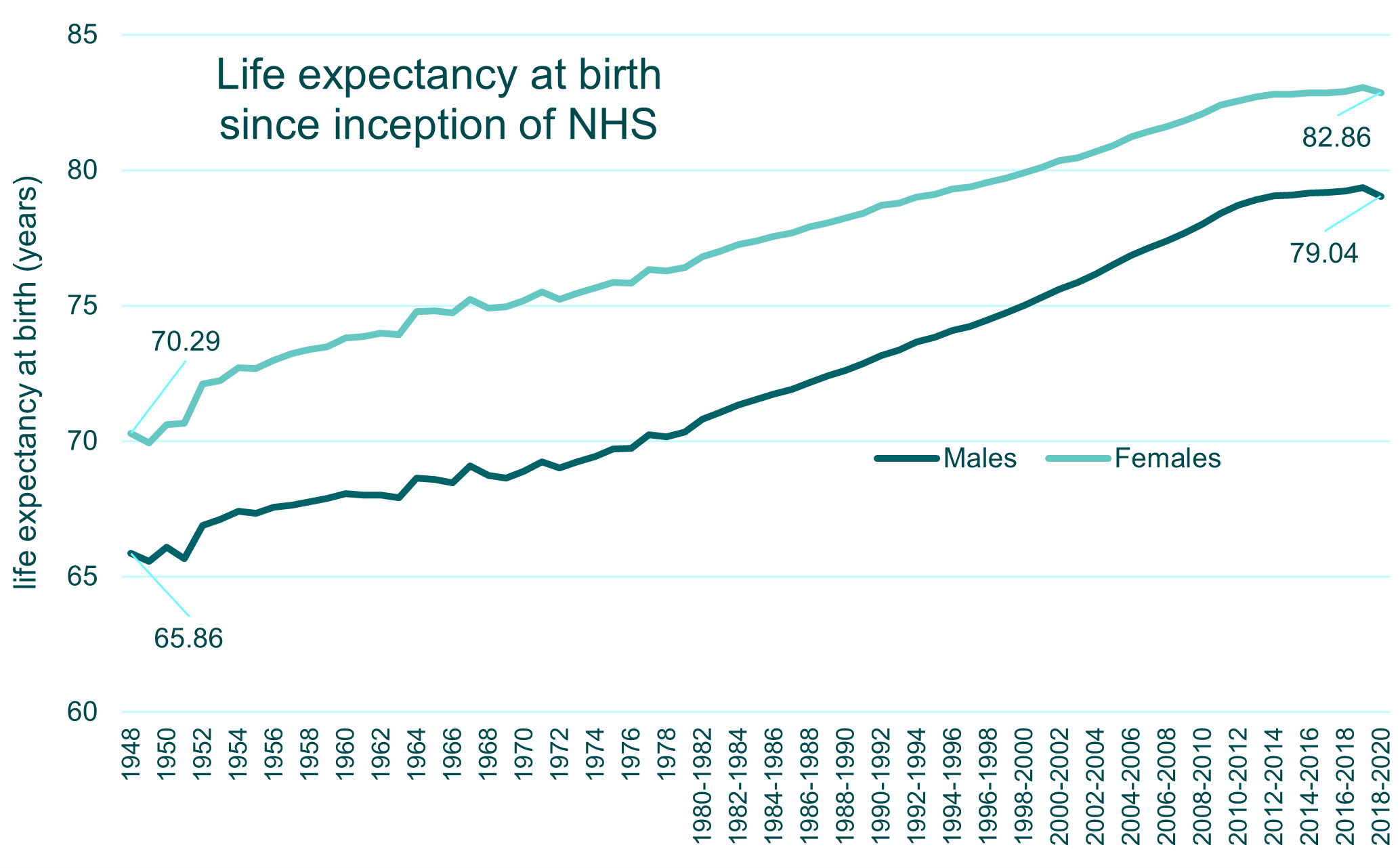Unlocking the Value of Combination Therapies



A recent series of papers examines the effects of multiple primary health care interventions (introduction of health facility accreditation, introduction of user fees, and discontinuation of performance-based financing schemes) under Egypt’s Health Sector Reform Program between 2000 and 2014. The…

A recent series of papers examines the effects of multiple primary health care interventions (introduction of health facility accreditation, introduction of user fees, and discontinuation of performance-based financing schemes) under Egypt’s Health Sector Reform Program between 2000 and 2014.
The Setup
The depletion or diversion of resources brought about by successive disease outbreaks and geopolitical conflicts pose serious threats to maternal and child health in low- and middle-income countries (LMICs). In these settings where resources are heavily constrained, assessing the efficiency and sustainability of primary health care (PHC) interventions is paramount.
A recent series of papers examines the effects of multiple PHC interventions under Egypt’s Health Sector Reform Program (HSRP) between 2000 and 2014. Egypt is a lower-middle-income country with a persistently high burden of out-of-pocket expenditure on health: from $187 per capita in 2000 (62% out-of-pocket expenditure as a share of current health expenditure) to $302 in 2014 (55%). Exploiting a unique dataset of six waves of spatially constructed facility-level health outcomes, the authors estimate the effect of crucial reforming interventions on facility-level health outcomes related to family planning, maternal health, and child health.
The Confrontation
In 1997, Egypt introduced an integrated package of service delivery and financing interventions under its HSRP to address how PHC is financed, delivered, organised, and managed. One of the program’s cornerstones was the facility accreditation program, a process for evaluating PHC facilities according to a set of standards that define activities and structures that directly contribute to improving patients’ outcomes. The facility accreditation program aimed to provide the HSRP with a framework for continuous quality improvement.
A pay-for-performance scheme was integrated into the HSRP later in 2001, according to which governorate-level financial intermediaries became entitled to pay monthly incentives to healthcare providers in “contracted” PHC facilities based on pre-specified performance criteria. The financial incentives were discontinued in 2008 and the pay-for-performance scheme was replaced by case-based reimbursement.
In 2003, user fees were imposed on a fraction of PHC facilities participating in the HSRP. Previously uninsured beneficiaries became required to pay registration fees, renewal fees, and copayment fees, including visit fees, drug copayments, and copayments for other interventions.
The Good
A first study explores the effect of health facility accreditation. The authors find that accreditation had multiple positive effects, primarily on delivery care and child morbidity prevalence. The effects appear to have weakened over time, however. The study’s findings suggest that facility accreditation can effectively improve family planning, antenatal care, delivery care, and child health but stress the need to study how these effects can be sustained.
The Bad
A second study analyses the effects of discontinuing performance-based financing. The authors report a negative effect of terminating performance-based incentives on the knowledge of contraceptive methods, iron supplementation during pregnancy, the prevalence of childhood acute respiratory infection, and, more importantly, under-five child mortality, all of which were indirectly targeted by the pay-for-performance scheme. Interestingly, no significant effects were reported for directly targeted outcomes (i.e., those linked to the scheme). The findings of this study suggest that performance-based financing can induce permanent changes in providers’ behaviour, but this may come at the expense of worsening non-contracted outcomes.
The Ugly
Exploring the controversial issue on the demand-side financing in health, a third study estimates the effects of introducing user fees on the utilisation of family planning, antenatal care, and delivery care services; women’s access to health care; and child health status in Egypt. The authors show that the imposition of user fees did not negatively affect the utilisation of family planning and delivery care services. Furthermore, there was no evidence that user fees hindered women’s access to care or worsened child health outcomes. Positive effects were observed concerning the utilisation of antenatal care services. These findings are compatible with the hypothesis that the potential decrease in demand due to the user fee imposition might have been offset by an increased willingness to pay for a quality of health care that could be, at least partly, perceived as higher.
The Resolution
We can extract a number of take-home messages from the papers’ series. First, strong political will is indispensable for the success of quality improvement interventions (such as health facility accreditation) in LMICs in the long run. Second, pay-for-performance schemes need to be applied carefully in LMICs, as their discontinuation can trigger adverse effects on key but non-contracted health outcomes, such as child mortality – as observed in the case of Egypt. Third, charging user fees for health services in middle-income country settings does not necessarily hinder access to health care and can even increase the use of some of these services, as long as it is combined with appropriate exemption policies for vulnerable groups. In some cases, The Ugly turns out to be not that ugly!
Citation
El-Shal, A., Cubi-Molla, P. and Jofre-Bonet, M., 2022. Discontinuation of Performance-Based Financing in Primary Health Care: Impact on Family Planning and Maternal and Child Health. International Journal of Health Economics and Management. DOI.
El-Shal, A., Cubi-Molla, P. and Jofre-Bonet, M., 2021. Are User Fees in Health Care Always Evil? Evidence from Family Planning, Maternal, and Child Health Services. Economic Analysis and Policy 72:506–529. DOI.
El-Shal, A., Cubi-Molla, P. and Jofre-Bonet, M., 2021. Accreditation as a Quality-Improving Policy Tool: Family Planning, Maternal Health, and Child Health in Egypt. The European Journal of Health Economics 22(1):115–39. DOI.
Related Research
El-Shal, A., Mohieldin, M. and Moustafa, E., 2022. Indirect Impact of Health Disasters on Maternal and Child Mortality. Economic Analysis and Policy 74:477–493. DOI
Moustafa, E. and El-Shal, A., 2021. “Dances with Wolves: Weather and Health Disasters and Fiscal Sustainability in MENA.” ERF Working Paper 1520, Economic Research Forum (ERF), Cairo. Link.
Neri, M., Cubi-Molla, P. and Cookson, G., 2022. Approaches to Measure Efficiency in Primary Care: a Systematic Literature Review. Applied Health Economics and Health Policy, 20:19-33. DOI: 10.1007/s40258-021-00669-x
Global Health Expenditure Database, 2020. Geneva: World Health Organisation. Link.
An error has occurred, please try again later.
This website uses cookies so that we can provide you with the best user experience possible. Cookie information is stored in your browser and performs functions such as recognising you when you return to our website and helping our team to understand which sections of the website you find most interesting and useful.
Strictly Necessary Cookie should be enabled at all times so that we can save your preferences for cookie settings.
If you disable this cookie, we will not be able to save your preferences. This means that every time you visit this website you will need to enable or disable cookies again.
This website uses Google Analytics to collect anonymous information such as the number of visitors to the site, and the most popular pages.
Keeping this cookie enabled helps us to improve our website.
Please enable Strictly Necessary Cookies first so that we can save your preferences!



